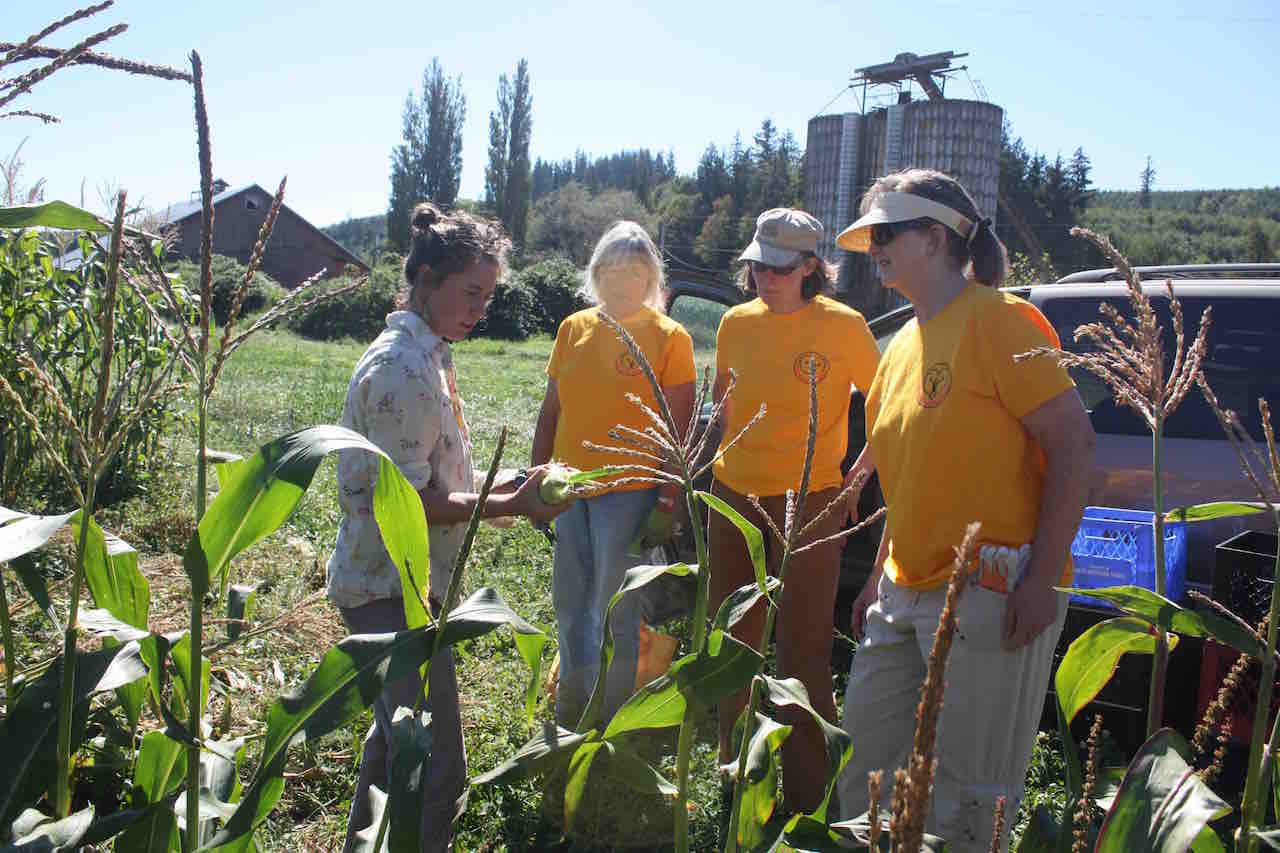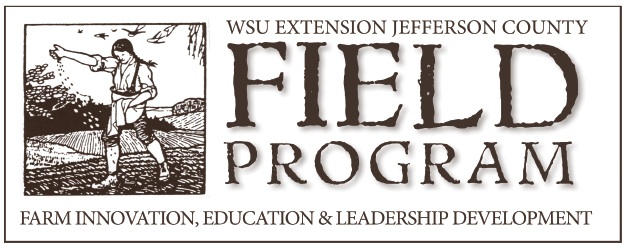WSU Cooperative Extension is a state-wide county resource for Washington State University in Pullman, Washington, with the mission of extending knowledge and changing lives. It was founded by the Smith-Lever Act in 1914. The Extension in Jefferson County offers diverse learning opportunities and resources for all ages. These include Master Gardeners Program, Small Farms Program – Small Farms Internship, livestock classes, farm management and budgeting; Food Preservation classes, 4-H, Marine Resources Committee, Water Resources, Organic Seed Alliance, Toxic Weed Board and Gleaning/Food Recovery.
The Gleaning/Food Recovery Program is in its second year of the program for the county. It is the first year of involvement for WSU Extension). The Gleaning Coordinator gleans crops left in the fields after the harvest. This produce is then distributed to five food banks county-wide, YMCA Summer Meals Program, Senior Meals, Jefferson County Mental Health Harbor House meal program, DOVE House - a domestic violence shelter - and the Boiler Room - a youth-oriented coffee house which has a free meal program. The Food Recovery program collects ‘left-overs’ (prepared food) from commercial kitchens, caterers and restaurants, packages, label and date them for distribution to the homeless and seniors who do not have the means or capacity to prepare food themselves.


